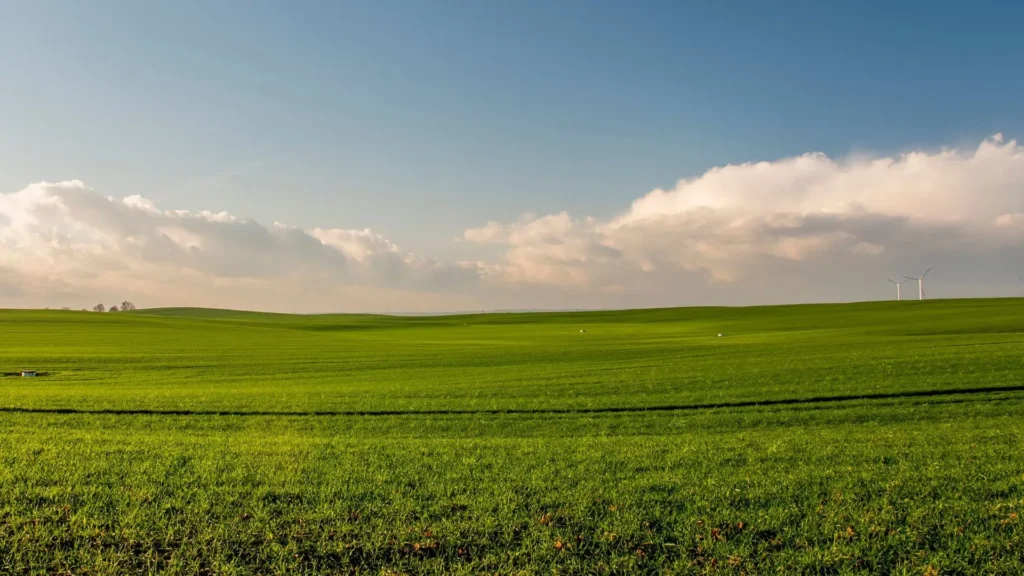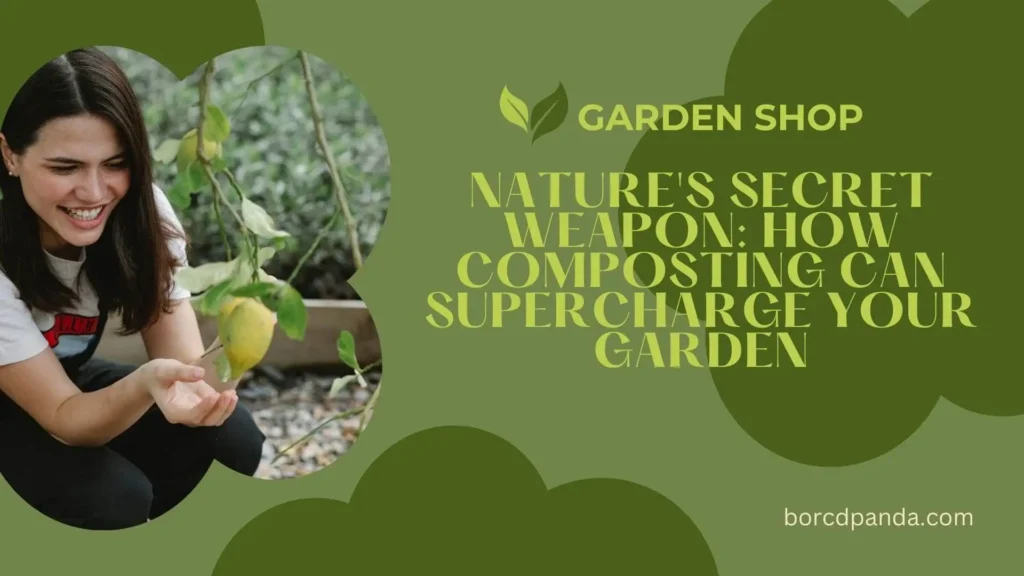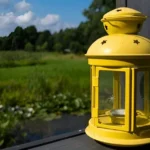Have you ever wondered how to give your garden that extra boost without resorting to chemical fertilizers? Well, let me tell you about nature’s secret weapon: composting. It’s like having a magic wand for your garden, turning kitchen scraps and yard waste into black gold for your plants. This article will investigate composting and discover how it can supercharge your garden.
Table of Contents
Understanding Composting
What is Composting?
Composting is nature’s way of recycling. It transforms organic waste into a nutrient-rich soil amendment. Think of it as cooking a stew, but instead of a delicious meal, you’re creating a feast for your plants and soil organisms.
The Science Behind Composting
At its core, composting is a biological process. Microorganisms like bacteria and fungi break down organic matter, releasing nutrients and creating a complex soil structure. It’s like having millions of tiny workers tirelessly improving your soil day and night.
Benefits of Composting for Your Garden
Soil Improvement
Compost acts like a sponge in your soil, improving its structure and ability to retain water and nutrients. It’s like giving your soil a makeover, turning even the poorest dirt into a thriving ecosystem.
Nutrient-Rich Fertilizer
Forget about those chemical fertilizers. Compost provides a slow-release source of essential nutrients that plants crave. It’s like serving your plants a balanced, home-cooked meal instead of fast food.
Water Retention
Compost can be a game-changer in a world where water conservation is becoming increasingly important. It helps soil retain moisture, reducing the need for frequent watering. Think of it as a water bank for your plants.
Waste Reduction
By composting, you’re helping your garden and reducing the number of landfills. It’s a win-win situation for both you and the environment.
Getting Started with Composting

Choosing Your Composting Method
Bin Composting
Bin composting is perfect for those with limited space. It’s like having a mini recycling center right in your backyard.
Pile Composting
If you have more space, pile composting might be for you. It’s the most traditional method and allows for larger volumes of compost.
Vermicomposting
For the adventurous gardener, vermicomposting uses worms to speed up composting. It’s like having a team of tiny workers processing your organic waste.
Essential Materials for Composting
Brown Materials
Brown materials are rich in carbon and provide energy for the composting microorganisms. Think of them as the carbohydrates in your compost diet.
- Dry leaves
- Straw
- Paper
- Cardboard
- Wood chips
Green Materials
Green materials are nitrogen-rich and provide protein for microorganisms, like the proteins in your compost recipe.
- Fruit and vegetable scraps
- Coffee grounds
- Tea bags
- Fresh grass clippings
- Plant trimmings
The Composting Process
Building Your Compost Pile
Creating a compost pile is like building a layer cake. You alternate between brown and green materials, adding a sprinkle of soil to introduce beneficial microorganisms.
- Start with a layer of brown materials for good airflow.
- Add a layer of green materials.
- Sprinkle some soil or finished compost.
- Repeat these layers until your bin or pile is complete.
- Water the pile until it’s as moist as a wrung-out sponge.
Maintaining Your Compost
Maintaining your compost is like tending to a garden. It needs the proper air, water, and nutrient balance to thrive.
- Turn your pile every few weeks to aerate it.
- Keep the moisture level consistent.
- Add materials regularly to feed the microorganisms.
Troubleshooting Common Issues
Even the best composters face challenges. Here are some common issues and how to solve them:
- Smelly compost: This usually means there’s too much nitrogen. Add more brown materials to balance it out.
- Slow decomposition: Your pile might be too dry or lack nitrogen. Add water or green materials as needed.
- Pests: To avoid attracting unwanted critters, avoid adding meat, dairy, or oily foods to your pile.
Applying Compost to Your Garden

When to Use Compost
Timing is everything when it comes to applying compost. Here’s when to use it:
- Spring: Work compost into your soil before planting.
- Summer: Use as a mulch to retain moisture and suppress weeds.
- Fall: Apply compost to prepare your soil for the next growing season.
How to Apply Compost
Applying compost is like frosting a cake – you want to spread it evenly and not too thick.
- Mix 2-3 inches of compost for new beds into the top 6-8 inches of soil.
- For established plants, spread a 1-2 inch layer around the base, avoiding direct contact with stems.
- For lawns, spread a thin layer (1/4 to 1/2 inch) and rake it in.
Advanced Composting Techniques
Bokashi Composting
Bokashi is a fermentation process that can break down kitchen scraps, including meat and dairy, in as little as two weeks. It’s like pickling your compost!
Hot Composting
Hot composting is a high-intensity method that can produce finished compost in just a few weeks. It’s like putting your compost pile on a fast track.
Conclusion
Composting is genuinely nature’s secret weapon for supercharging your garden. It’s a simple process with profound benefits for your plants, soil, and the environment. By turning your kitchen scraps and yard waste into black gold, you’re improving your garden and participating in nature’s grand recycling scheme.
So why not try composting? Start small, experiment with different methods, and watch as your garden transforms into a thriving ecosystem. Remember, every time you add to your compost pile, you’re not throwing something away—you’re creating something valuable.
Happy composting, and here’s to gardens that are growing and thriving!
FAQs
Q: How long does it take to make compost?
Composting typically takes 2 to 12 months, depending on the method, materials, and how actively you manage the pile.
Q: Can I compost in an apartment?
Absolutely! Vermicomposting or small-scale bin composting are great options for apartment dwellers. With the right setup, you can even compost indoors.
Q: Is adding meat or dairy to my compost pile okay?
It’s generally best to avoid meat and dairy in traditional compost piles as they attract pests and create odors. However, these can be composted using methods like Bokashi composting.
Q: My compost pile isn’t heating up. What’s wrong?
An excellent compost pile could be due to insufficient size (piles should be at least 3 feet cubed), lack of nitrogen, or insufficient moisture. Try adding more green materials and water if needed.
Q: Can diseased plants be composted?
It’s best to avoid composting diseased plants in home compost systems, as most don’t reach high enough temperatures to kill pathogens. It’s safer to dispose of these plants through municipal yard waste programs.






